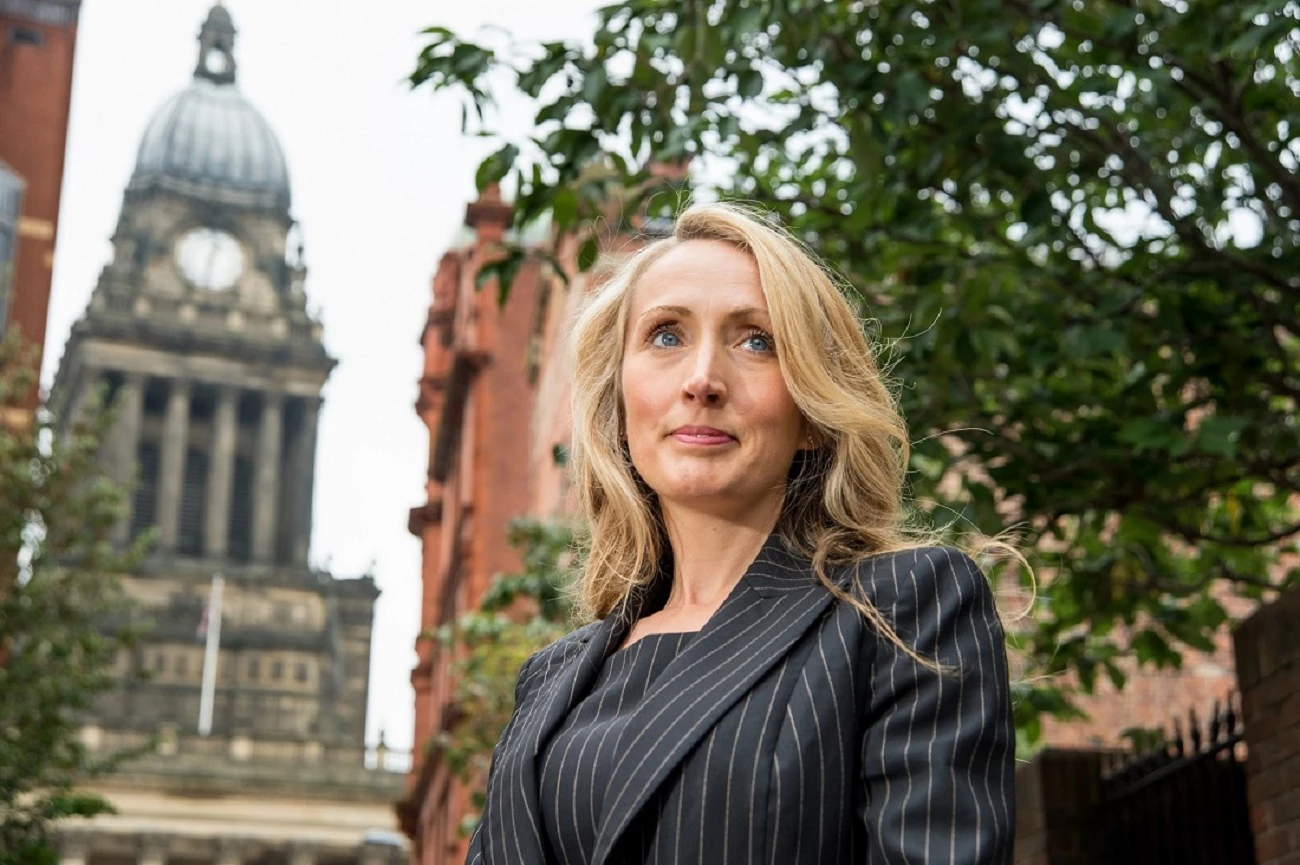
Partner Article
R3 responds to October 2022 insolvency statistics
• Corporate insolvencies increased by 15.7% in October 2022 to a total of 1,948 compared to September’s total of 1,684, and increased by 38.2% compared to October 2021’s figure of 1,410.
o Corporate insolvencies were also 31.9% higher than October 2019’s total of 1,477.
• Personal insolvencies increased by 4.9% to 10,514 in October 2022 compared to 10,023 in September, and were 8.6% higher than October 2021’s figure of 9,682.
o Personal insolvencies were also 4.6% higher than October 2019’s total of 10,056.
Eleanor Temple, chair of R3 in Yorkshire and a barrister at Kings Chambers in Leeds, responds to the publication of the October 2022 personal and corporate insolvency statistics:
“The monthly rise in corporate insolvencies is driven by an increase in Compulsory Liquidations, Creditors’ Voluntary Liquidations (CVLs), and Administrations.
“A series of economic issues, the end of temporary insolvency legislation, and a lack of a post-COVID bounce have hit all parts of the economy and the supply chain hard, and have resulted in more directors choosing to close their businesses and more creditors calling in debts as a means of balancing their own books.
“The current outlook is tough for many businesses as costs rise and consumer confidence remains low. Worries about the price of food and fuel as winter approaches means many people are saving their money ahead of their bills coming in and simply aren’t spending – and a range of businesses, including household names, are struggling as a result.
“On top of this, business owners are worried about the economy, the prospect of an imminent and prolonged recession, and where they’ll find the money to meet employees’ requests for increased pay as their own costs of living increase.
“The jury is still out on whether the Christmas trading period, which will include an unseasonal football World Cup, will lead to the traditional boom many businesses are hoping for or whether disappointing sales over the festive period will lead to businesses turning to an insolvency process to resolve their financial issues.
“When it comes to individual insolvencies, the monthly increase in numbers is being driven by a rise in Debt Relief Orders and Individual Voluntary Arrangements as more people turn to insolvency processes to address their financial issues.
“Money worries continue to be front of mind for many people as the costs of food, fuel and energy continue to rise and real wages continue to fall. Many aren’t sure how expensive their energy bills will be and are reluctant to spend money they may need in the future as a result.
“There are also a lot of people who are struggling to keep up with their bills and credit card payments right now. This makes them vulnerable to financial shocks like a reduction in hours at work, job loss or sudden unexpected bills, and they are the people most likely to need an insolvency process if these shocks hit as they won’t have the savings to absorb them.
“We urge anyone who is worried about their financial situation to seek advice as soon as possible. Talking about your money worries is incredibly hard, but doing so while your worries are fresh typically gives you more options, more time to make a decision, and results in a better outcome than if you’d waited until the problem worsened.
“Most R3 members will offer a free initial consultation to potential clients to give them time to understand their situation and outline the potential options for resolving it.”
This was posted in Bdaily's Members' News section by Emma Kilmurray .
Enjoy the read? Get Bdaily delivered.
Sign up to receive our popular Yorkshire & The Humber morning email for free.






 A legacy in stone and spirit
A legacy in stone and spirit
 Shaping the future: Your guide to planning reforms
Shaping the future: Your guide to planning reforms
 The future direction of expert witness services
The future direction of expert witness services
 Getting people into gear for a workplace return
Getting people into gear for a workplace return
 What to expect in the Spring Statement
What to expect in the Spring Statement
 Sunderland leading way in UK office supply market
Sunderland leading way in UK office supply market
 Key construction developments in 2025
Key construction developments in 2025
 Mediation must be part of planning process
Mediation must be part of planning process
 From apprentice to chief financial officer
From apprentice to chief financial officer
 Don't stifle growth with apprenticeship cuts
Don't stifle growth with apprenticeship cuts
 The start-up landscape: What lies ahead in 2025
The start-up landscape: What lies ahead in 2025
 JATCO adds welcome drive to automotive sector
JATCO adds welcome drive to automotive sector